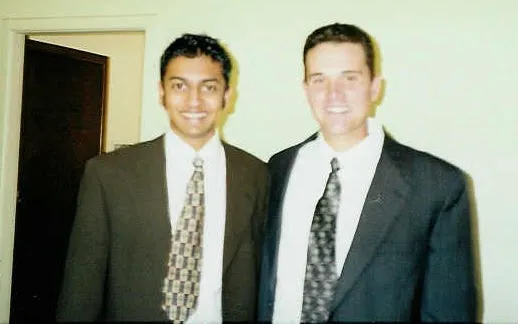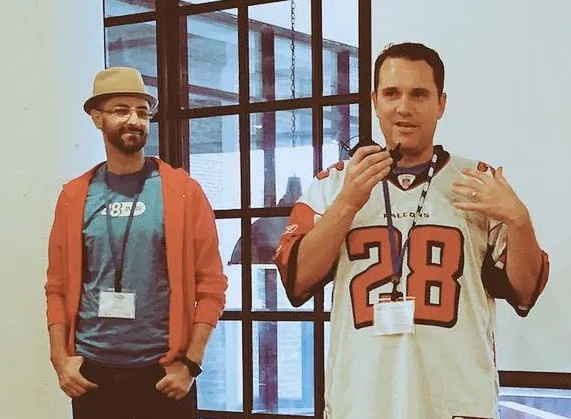The most successful startups think extremely big and extremely small
I’m just about done with the biography on Elon Musk, called, Elon Musk: Telsa, SpaceX, and the Quest for a Fantastic Future. Musk is perhaps the biggest dreamer of any of the entrepreneurs I’ve read about. Instead of, say, wanting to build the world’s largest e-commerce site, Musk wants to do things like colonize Mars.
For instance, check out this video where he describes Tesla’s Powerwall, which at some point he’d essentially like to have powering the entire Earth, and then, yes, Mars:
What’s particularly incredible about Musk is his ability to think really, really big, but also to get down into the tiniest of details to try to achieve those dreams.
He’s well known at SpaceX (his rocket company) to set unrealistic deadlines for projects. When a project leader tells him that something is impossible, he says, “Ok, you’re now relieved of your job. I’m now going to do your job, and my job as CEO of the company.” And according to interviews with people at SpaceX, he actually does it. He takes over that project and leads the team to achieve what he originally tasks the group leader to do. While running the company as CEO. And while being the CEO of two other companies.
Another story in the book is Musk’s scathing email to SpaceX’s employees about the use of acronyms. The email, entitled, “Acronyms Seriously Suck,” was very specific and detailed on why he now would be approving any acronyms used at SpaceX. If you wanted to use an acronym, you now had to get the CEO to approve it.
I find this trait to be the same in leaders like Jobs and Bezos. They were able to dream big (not quite as change-the-universe big as Musk) but then get very dialed in to the minute details of executing that vision.
PS – I should also point out, they all seem(ed) to be, well, not the nicest of guys. But I’ll leave that for another post ;)


